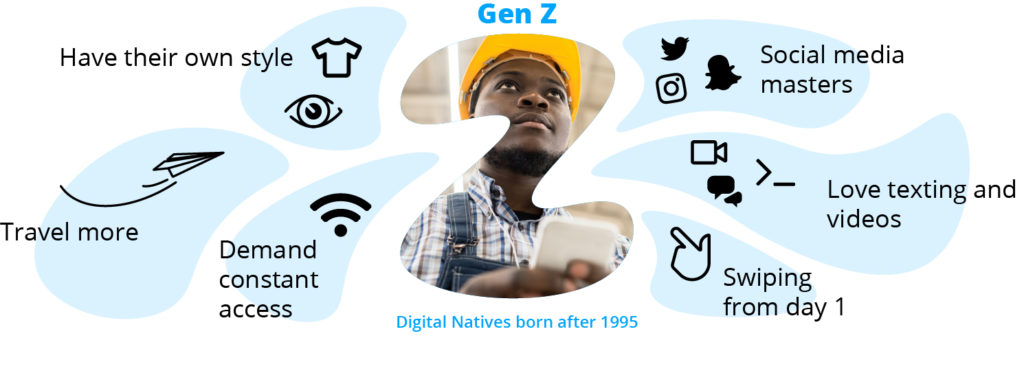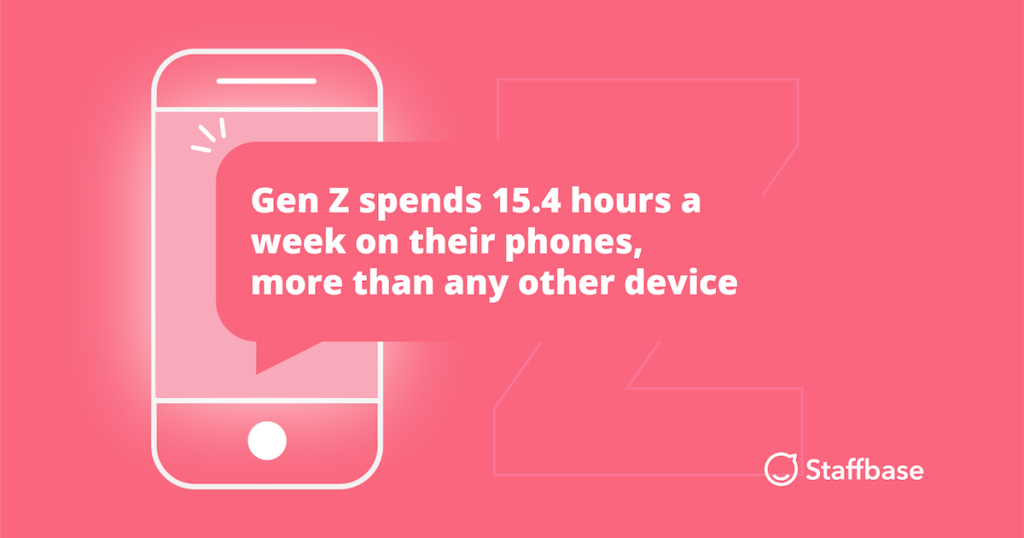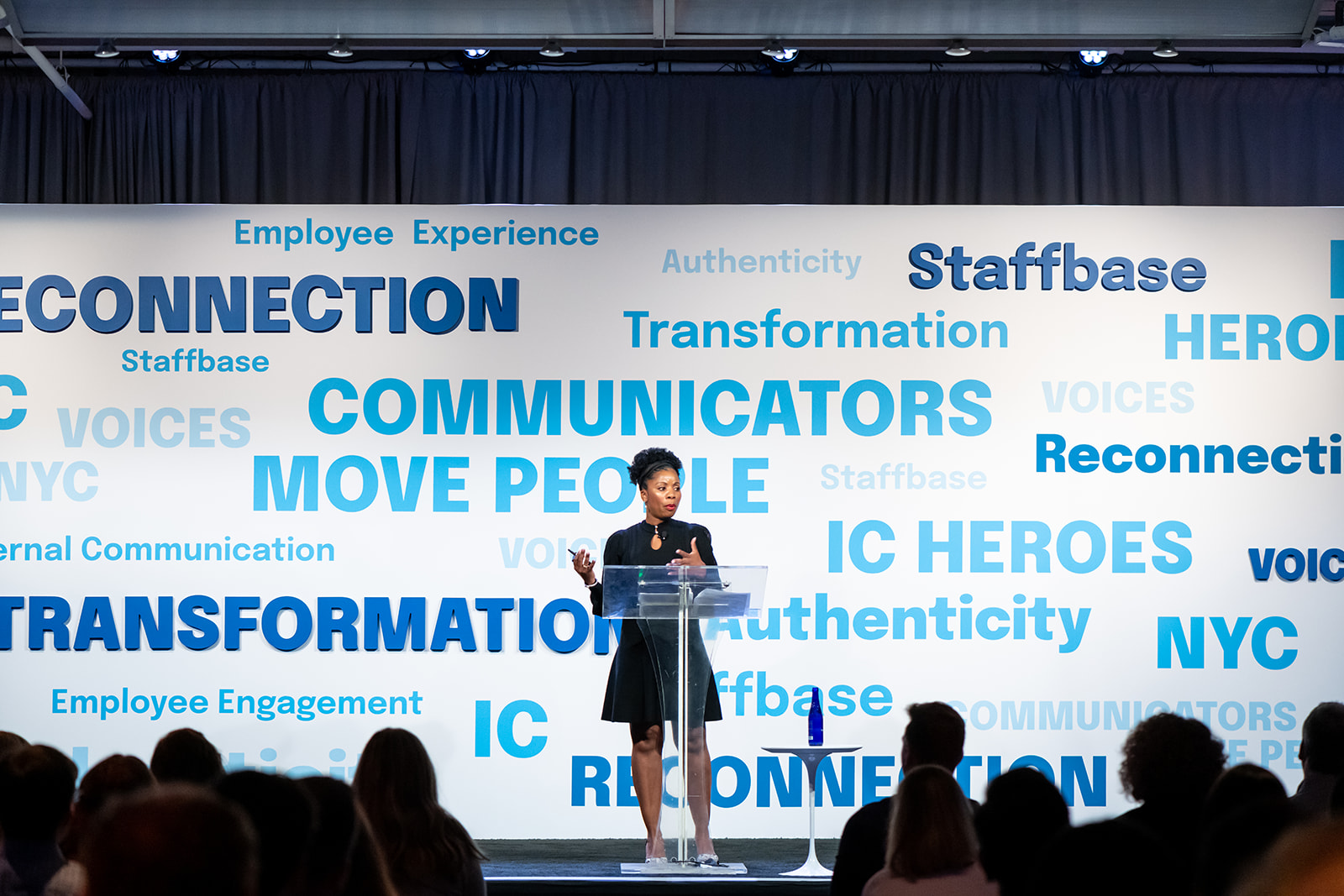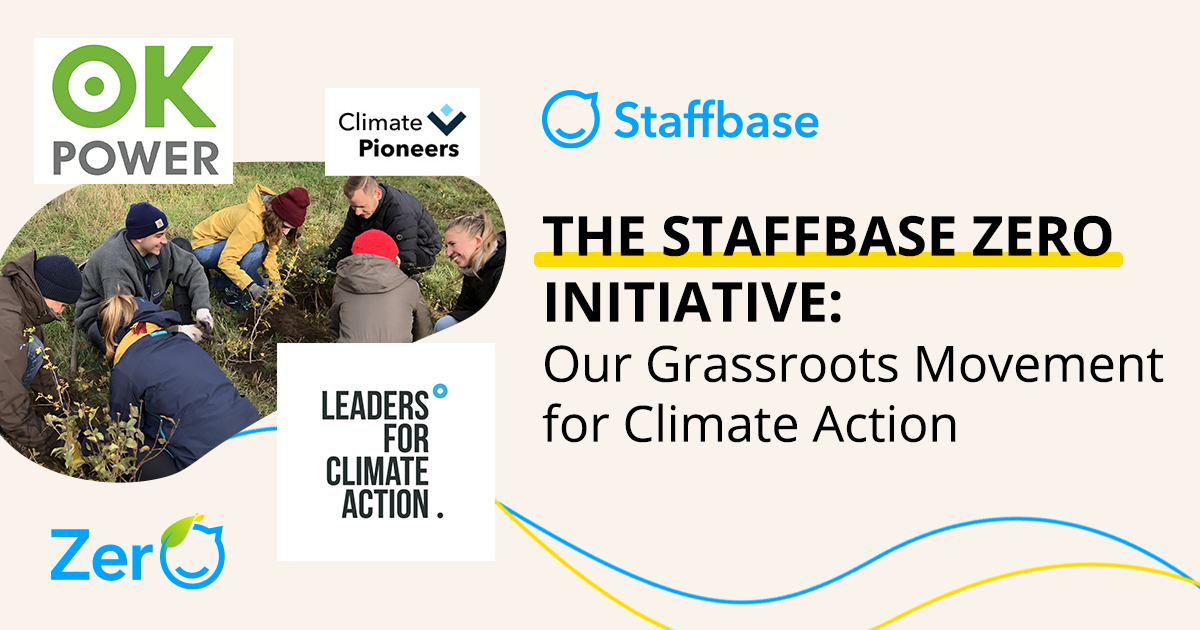43% of energy and utilities companies report an aging workforce as a key challenge. The average age of the workers in the energy sector is over 50 years old. Furthermore, more than half a million are expected to retire in the next 10 years.
However, Gen Z-ers could be the generation to fill the jobs gap. True, they may have typically negative attitudes towards Baby Boomers on topics like climate change and financial inequality. Nevertheless, these workplace newcomers are actually quite similar in their approach to work: money talks. Gen Z-ers were raised in a time of economic crisis, and they're widely characterized by their financial pragmatism.

Given the rising cost of four-year undergraduate degrees combined with a lifelong exposure to technology, Gen Z-ers have the opportunity to become a new type of worker with the potential to fill the gap in traditionally blue collar industries.
Enter the "New Collar" worker.
Coined by IBM CEO Ginni Rometty, "New-Collar" defines jobs that balance job security with little upfront investment. These roles often require the technical skills Gen Z-ers more readily possess. They include automation, software, robotics, analytics, cloud computing, and 3D printing—but they don’t require four-year degrees.
Programs guiding Gen Z-ers into these roles are also becoming increasingly prevalent. At IBM, these roles largely encompass new technology, ranging from designers to software engineers. Others, like the Build Your Future outreach program under the umbrella of the National Center for Construction Education and Research (NCCER), appeal to the financial instincts of Gen Z. They do this by connecting them to craft labor apprenticeships in modernizing trades like carpentry, welding, and construction.

While extensive studies have yet to be conducted in other industries, more general statistics allude to a similar pattern. Polling conducted by the College Savings Foundation discovered that when asked if they would take on debt to cover college bills, only 11% of student respondents said yes. That's down significantly from 20% last year.
The energy sector can realize its full potential if it can adapt and evolve to meet the needs of a 21st century workforce.

Younger generations bring some distinct needs to the workplace. They want constant communication and feedback, digital connectivity, and a mobile-first approach to internal communications.
In a recent study on the hiring challenges within the energy and utilities industry, 93% of millennials say that having the latest technology is an important value proposition when choosing a workplace. 42% of them say they would leave if the tech was substandard. New technology like modern, mobile comms solutions allow energy and utilities to remain relevant in the jobs marketplace and deliver on the distinct needs of their newest hires.
In conclusion, as Baby Boomers continue to quickly age out of the energy sector, it will become increasingly important for companies to embrace the digital natives of Generation Z.

Download our Non-Desk Workforce Guide to learn how your company can better engage non-desk workers from the field to the factory floor with a modern internal communications strategy, developed in conjunction with our most successful customers.
Read more about employee communication best practices:
- Internal Communication: You Need to Plan a Better Strategy for 2021
- Connecting Remote Employees: How an Employee App Helps EDF Renewables Engage 1,100 Dispersed Workers
- Employee Communication Apps: 10 Benefits of a Mobile Comms Platform
- Why energy and utilities companies choose Staffbase as their employee communications platform



